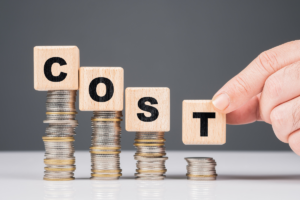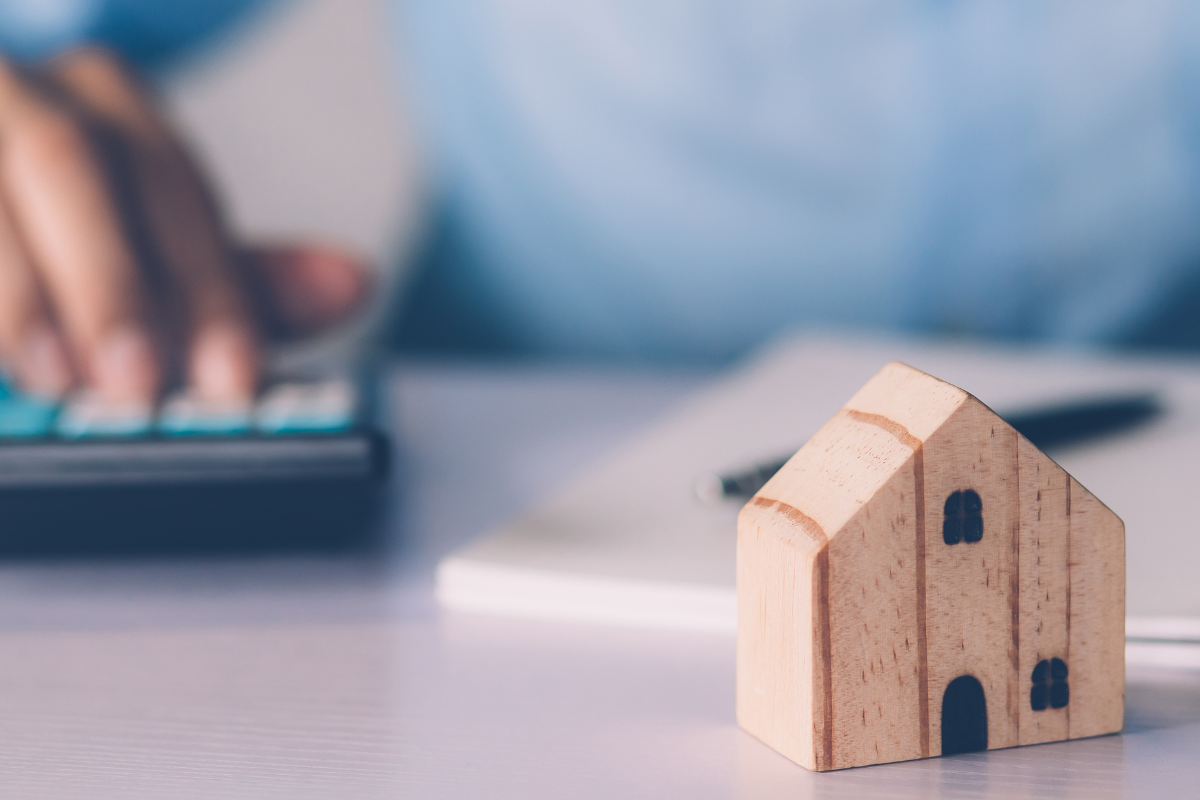How Much of a Mortgage Can I Afford? Breaking Down Purchasing Costs
Are you thinking about purchasing a home in British Columbia? With interest rates finally decreasing, making the leap now means you can get a great deal and save money.
While you’re probably focusing on the outright costs of home ownership, it’s essential to factor in the immediate and long-term expenses.
Knowing how much you can afford ensures you can enjoy your new property and look forward to financial security.
We’ve created this helpful guide to help you determine your affordability and the ongoing costs of buying a property.
What Are Real Estate Closing Costs in BC?

According to Statista, the average cost of a house in British Columbia is over $966,000, but apartments are more affordable.
Aside from saving up for a down payment and moving costs, you’ll also need to factor in real estate closing expenses. You must pay these costs before the property is transferred into your name.
While most are minor, individual fees can add up, and not planning for them can put you in significant debt. Here are the main closing costs to consider.
Appraising the Property
Lenders won’t approve your mortgage until they know the property is a safe investment. It’s your responsibility to pay for an appraisal, where a specialist will assess the property’s safety and structural integrity.
If the mortgage amount is justifiable, your lender will approve the loan. Depending on your chosen company, most appraisals cost between $300 and $500.
Land Survey Certificate
If the property you’re purchasing doesn’t have a recent land survey on file, you may need to get a new one.
Land surveys verify the property’s boundaries, and the cost is usually between $500 and $1,000, based on the property’s location and size.
House Insurance
When you apply for a mortgage, the lender is taking a risk. If something happens to the property, they want to know you’ll still repay the loan. That’s why insurance is so important.
House insurance serves as a safeguard against structural damage, floods and other emergency expenses. An insurance policy can save thousands, and most mortgage providers expect you to have coverage.
BC home insurance generally costs between $800 and $1,200 annually. Full coverage might be expensive, but it offers more financial protection.
Title Insurance
Title insurance cements your ownership of the home and protects you against errors in public records or fraud. It’s a one-off cost based on your property’s value.
In most cases, title insurance costs up to $400, but it might be more if your home has a high value.
Mortgage Default Insurance
You’ll need to pay CMHC insurance (mortgage default insurance) if your down payment is up to 20% less than the purchase price. The insurance policy provides protection for your lender should you default on the loan.
Most policies are between 2.8% to 4% of your mortgage amount, but it depends on your down payment.
Payout Penalty Fees
Exiting your mortgage deal and purchasing a new property is possible, but fees are associated with doing this. Most lenders charge a penalty when you pay the mortgage early to recoup the outstanding interest.
Payout penalty costs vary depending on your mortgage agreement and the outstanding balance.
Real Estate Property Transfer Costs
Along with mortgage costs, you’ll also need to consider real estate property transfer fees. They include:
- Legal Fees: Legal fees ensure a smooth transfer from the seller to the buyer. A notary or solicitor will file all the paperwork, which usually costs between $1,000 to $2,500.
- Disbursements: Your solicitor might accumulate other costs while working on your behalf, including title searches and registration fees. Most disbursement fees are between $300 and $500.
- Adjustment Fees: You might need to factor in adjustment fees when purchasing a property. For example, if the seller pays tax in advance, your adjustment fees will reimburse them for the amount of time you’ll be living in the property.
- Property Transfer Tax (PTT): PTT is a vital expense when investing in BC real estate. You’ll pay 1% for properties under $200,000 and 2% for properties that go up to $2 million. For example, if your new home costs $600,000, you’ll need to pay $12,000, but there are some exceptions for first-time buyers.
How Much of a Mortgage Can I Afford?

Mortgage affordability isn’t just about your down payment and monthly income; it factors in immediate and long-term costs. Before choosing a property, it’s essential to consider the following factors and understand your affordability.
Take Stock of Down Payment Savings, Investments, and Assets
You can’t purchase a home without a down payment. It also determines your mortgage affordability, with most lenders in Canada asking for 10% of the property’s asking price.
However, properties under $500,000 usually have a minimum down payment of 5%, making them more affordable. The more you save for a down payment, the less your mortgage will cost.
Think about your current savings and assess whether you can save up for longer and raise a larger deposit.
Take Into Consideration Current Income
Your monthly income should be enough for mortgage payments, property taxes and general bills. If your financial situation isn’t stable or you have a lot of debt, it’s best to consider choosing a more affordable property.
It’s also essential to remember that mortgage rates can fluctuate, and you could struggle financially if they increase in the future.
Keep A Savings Account For Unexpected Costs
Homeowners have a lot of responsibilities. You can’t call your letting agent when a pipe bursts or the electrics fail. Understanding the potential costs before buying a property enables you to plan ahead.
For example, setting up a savings account with at least three months’ living costs gives you security and ensures you can still pay the mortgage.
Purchase the Property You Intend To Live in Long Term
Here’s the trickiest part: balancing your wants and needs. While purchasing a dream property is always tempting, practicality should come first.
Consider whether the property is a wise investment and whether you’re happy to remain in it for at least five years.
Try our Quick Online Mortgage Calculator
Would you like to get an idea of your mortgage eligibility? Our convenient mortgage calculator lets you assess the loan you might receive and monthly repayment estimates.
Remember, every single case is different, but the calculator gives you a ballpark figure.
Book A Consultation With A Victoria BC Mortgage Broker
Buying a property is a huge step, but it also means you can look forward to more independence and make an investment for the future. Prime Mortgage Works has access to BC lenders that offer excellent rates and amortization periods.
Whether you’re buying your first home or want to upgrade to a larger property, our expert brokers can help. Please start your mortgage application today or contact us for advice.


